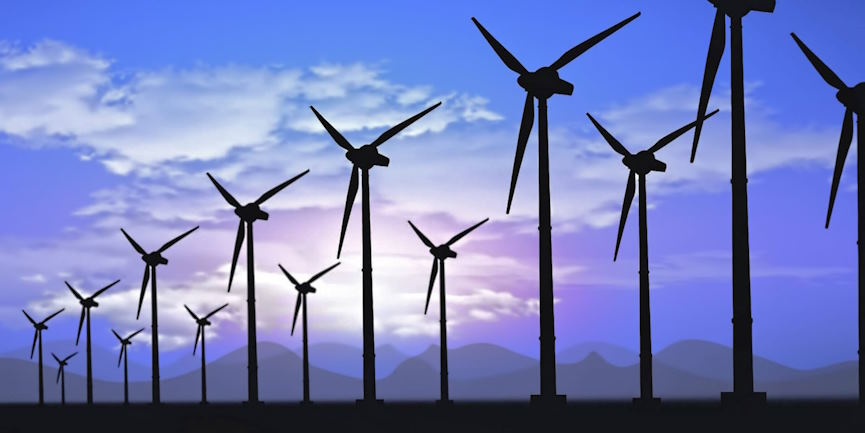Nowadays, renewable energy has become a key solution in combating the environmental challenges of traditional fossil fuel-based power generation. Among the various renewable energy sources, wind energy stands tall, harnessing the power of the ever-present wind to generate clean and sustainable electricity. With its ability to reduce greenhouse gas emissions, and a lot of other benefits, wind energy has garnered significant attention worldwide.
Is it difficult to get energy from the wind?
Harnessing energy from the wind has become increasingly feasible and efficient. Technological advancements in wind turbine design and control systems have improved their performance and reliability. Integration into the power grid and energy storage solutions have addressed the intermittent nature of wind energy.
With supportive policies and streamlined project development processes, obtaining energy from the wind has become easier and more cost-effective, making wind power a crucial part of the clean energy transition.
What are the benefits of wind energy?
Wind energy offers numerous benefits, contributing to its growing popularity as a renewable energy source. Here are some key advantages of wind energy:
Clean and Renewable
Wind turbines harness the natural power of the wind to generate electricity without burning fossil fuels or producing greenhouse gas emissions. It helps reduce air pollution, mitigate climate change, and decrease reliance on finite fossil fuel resources.
Abundant and Widely Available
The wind is a virtually limitless resource. It is available globally, making wind energy a widely accessible and scalable source of electricity generation. Many countries have substantial wind resources, providing an opportunity for domestic energy production and reducing dependence on imported fuels.

Energy Security and Independence
Wind energy enhances energy security by diversifying the energy mix. By generating electricity locally, countries can reduce their reliance on imported fuels and increase their energy independence. It can strengthen energy resilience and reduce exposure to volatile fuel prices and geopolitical risks.
Job Creation and Economic Development
Wind farms require skilled professionals for installation, operation, and maintenance, leading to job opportunities in manufacturing, construction, and other related industries. Additionally, wind energy projects can bring investments and income to local communities, stimulating economic growth.
Cost Competitiveness
Wind energy has become increasingly cost-competitive with conventional energy sources. Technological advancements, economies of scale, and streamlined manufacturing processes have significantly reduced the cost of wind turbines and installations. As a result, wind energy has become one of the most affordable sources of new electricity generation in many regions.
Scalability and Flexibility
Wind farms can range in size from small-scale installations to large, utility-scale projects. This scalability allows customized solutions based on energy demand and available land resources. Moreover, wind energy can be integrated with other renewable energy sources and energy storage systems, enhancing grid flexibility and reliability.
Environmental Benefits
Wind energy helps combat climate change, improves air quality, and preserves water resources, benefiting human health and the environment.
